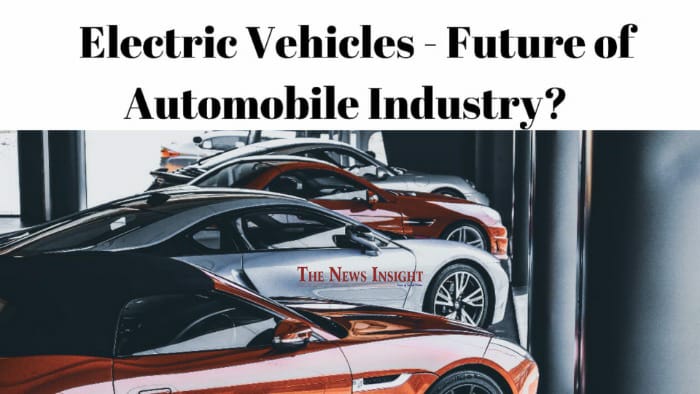TNI Bureau: The government of Telangana has formally launched its latest Electric Vehicle Policy 2020-2030 last week on Friday. This policy aims to promote the use of Electric Vehicles in the state.
IT and Industries minister KT Rama Rao formally announced that this Policy will be having Rs 3200 crores of private investment and also employment opportunities for about 15000 people all over the state.
The government has taken care of all the perspectives while launching this policy. For influencing the people to adopt this technology, the Government has announced no registration fees and road taxes.
Also, the Government will help in generating the infrastructure of the charging stations under this policy. Telangana Government is also trying to develop Charging points on every 50 Kms on the Highways connecting to other states.
Support Independent Journalism? Keep us live.
This policy also will help in boosting the economy of Telangana. This project also has a huge scope to attach more private investors to the state.
Indeed, this is a very innovative and future-oriented initiative by the Telangana Government. This new technology will not only benefit the Nature but it also provides advantages to the people. This will enhance the employment opportunities for the people, the Early adopters will get exemptions from the Road Tax and Charges and it definitely will promote pollution-free vehicles.
Delhi Government also announced its Electric Vehicle Policy earlier this year and aims to adopt more of Electric Vehicles in the state. They aim to contribute more to the total electric vehicle registrations by 2024.
Last year, the Government of Tamil Nadu also announced its own Electric Vehicle policy with a progressive mindset.
With the continuous increase in pollution levels in India, this is a required step. It will definitely bring a huge change in society. The governments of other states too should think about this kind of innovative technology and future-oriented policy.


Comments are closed.